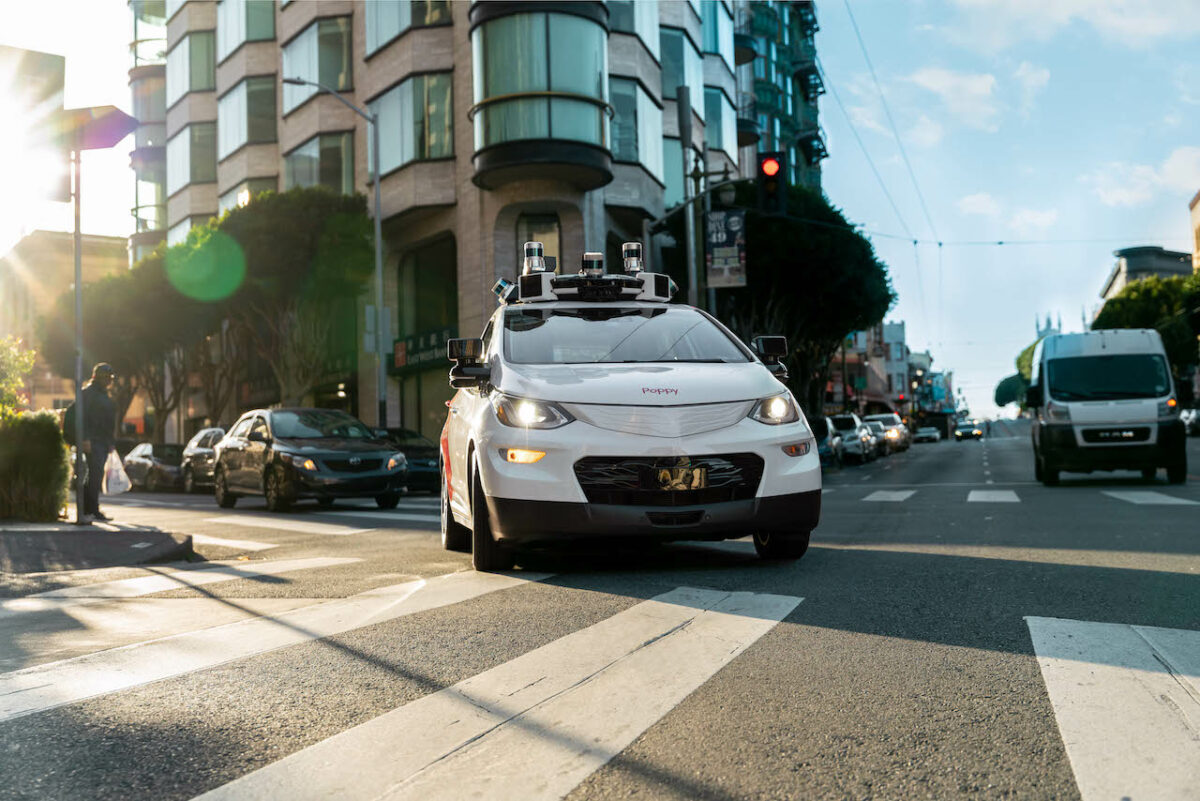The role of the start-up economy in shaping today’s automotive industry cannot be overstated. No matter how established the incumbent automakers and suppliers may be, the injection of innovation from a nimble start-up can mean the difference between falling behind the competition, and pushing the limits of technology.
From the big bucks deals—General Motors’ acquisition of Cruise Automation, Ford’s US$1bn investment in Argo AI—to small-scale partnerships like Mercedes-Benz and what3words, start-ups are proving valuable assets for automakers. However, it is the Tier 1s which have been most active in this field, given they provide most of the technology that goes into a new vehicle. These businesses have been built on specialising in particular fields, but the onset of CASE mobility has meant that business as normal no longer cuts it.
In short, technology companies such as Continental have had to shake up their portfolio and continue scouting new technologies and business models. This can be a challenging task, and has led to the creation of a dedicated in-house start-up organisation: co-pace. The programme consists of three pillars, ranging from a simple observation period right through to big money investment.
We give a lot to the start-up: our expertise, our eco-system and our know-how. You could say it is tactical due diligence for a later investment
Firstly, the incubator is an internal programme where internal concepts are developed and employees get a chance to work in a start-up environment and develop their own concepts. It is an approach that allows ideas to flow from within the organisation itself, tapping the expertise of other departments that may otherwise go to waste.
The second pillar is known as the co-operation programme, where the primary task is to connect the start-up ecosystem with Continental. Here, the co-pace team analyse certain topics that show promise, and scout out relevant start-ups. Once a match has been found, that start-up may end up being connected with the relevant department within Continental—an EV start-up may find itself working with the powertrain division, for example. A LiDAR start-up may find itself working with Continental’s active safety engineers. From there, proof-of-concepts begin.
“These are short projects that run for three to six months, where we apply the technology of the start-up into our applications, be it a test car, simulation, sensor or a piece of software,” explained Jürgen Bilo, Managing Director at co-pace GmbH. “We also send the start-up to where the highest level of technical competency is globally.” Indeed, a fledgling start-up could find itself working with teams in China, the US or elsewhere in Europe. A start-up that specialises in ultrasonic sensors or LiDAR would likely be brought to Lindau in Germany, for example, where the bulk of Continental’s sensor expertise lies. “If we are convinced by the start-up—we achieve the goal that was set out in the beginning, or feel the technological solution has strong potential—we then have to decide whether to partner with them, establish a supplier relationship, or invest.”
The key for start-ups is to prove their solution in a relevant application in the industry. That’s what a VC cannot offer—but we can
This leads on to the third operational pillar of the start-up programme. Continental is not the only big name in automotive to have such a set up. As part of Continental Finance, co-pace has a different set-up to a conventional VC firm. In October 2016, Tier 1 supplier ZF formed Zukunft Ventures, a wholly owned corporate private equity unit; Robert Bosch Venture Capital was formed in 2007, and Qualcomm Ventures earlier in 2000. Jaguar Land Rover’s corporate venture capital unit, In-Motion Ventures, opened in 2016; Scania Growth Capital was set up in February 2017, and the Renault-Nissan-Mitsubishi Alliance launched Alliance Ventures in 2018.
At this point, things start to get serious. Venture capital can be the first round of investment that moves a simple idea or product into a tangible business. In most cases it is not just an injection of cash, but also an opportunity to make use of the firm’s experience in the industry—and when the investor has direct ties to a global Tier 1 supplier that can be just as useful as the money itself.
Working with start-ups through a corporate start-up programme also means that for the supplier, there is less risk. The co-operation programme essentially vets the company, its ideas and its leadership team over a prolonged period. This means that money only exchanges hands once the supplier has a good idea of how the start-up may bring either a return on investment, or an entry point into a new market. For the start-up, it is an opportunity to embed itself directly in the industry as opposed to taking the cash and figuring out where to go next.
If we get a good feeling from the start-up, we then have to decide whether to partner with them, establish a supplier relationship, or invest
“When a start-up is good, it receives money from the venture capitalists. However, the key for start-ups is to prove their solution in a relevant application in the industry. That’s what a VC cannot offer—but we can,” explained Bilo.
While it is the start-up’s job to prove its worth, it is also in Continental’s interests to nurture it through the incubation period. “We give a lot to the start-up too: our expertise, our environment and our know-how. As a result, we get something back from the start-up in return because this is potentially a solution that we can use in our portfolio,” continued Bilo. This could be an AV stack, a sensor or simulation tool, for example. “You could say it is tactical due diligence for a later investment.”
This article appeared in the Q4 2019 issue of M:bility | Magazine. Follow this link to download the full issue.



